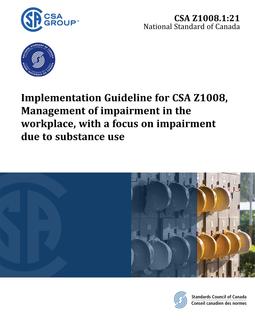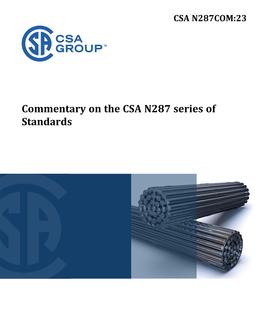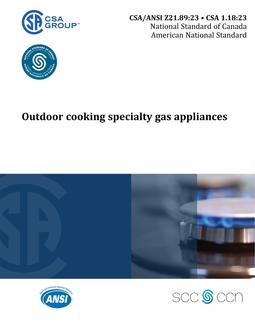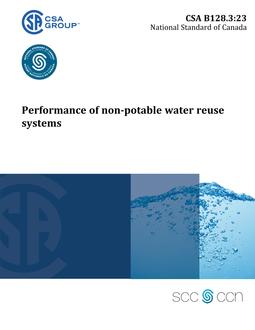
CSA Z1008.1:21
- Comments Off on CSA Z1008.1:21
- CSA
Click here to purchase
Preface:
This is the first edition of CSA Z1008.1, Implementation Guideline for CSA Z1008, Management of impairment in the workplace, with a focus on impairment due to substance use.
The primary objective of this Guideline is to provide small, medium, and large organizations with guidance on how to best apply CSA Z1008.
Production of this Guideline has been made possible through a financial contribution from Health Canada. The views expressed herein do not necessarily represent the views of Health Canada.
This Guideline was developed by CSA Group with funding support provided by the Canadian Association of Administrators of Labour Law — Occupational Safety and Health (CAALL-OSH), including Provincial and Territorial Governments, as well as the Government of Canada. CSA Group is solely responsible for the content of this Standard, and CSA Group and the funding bodies disclaim any liability in connection with the use of the information contained herein.
This Guideline was prepared by the Technical Committee on Management of Impairment in the Workplace under the jurisdiction of the Strategic Steering Committee on Occupational Health and Safety, and has been formally approved by the Technical Committee.
This Guideline has been developed in compliance with Standards Council of Canada requirements for National Standards of Canada. It has been published as a National Standard of Canada by CSA Group.
Scope:
1.1 Inclusions
This Standard specifies requirements for management of impairment in the workplace while providing specific requirements and guidance for impairment due to substance use, following occupational health and safety management system (OHSMS) principles, as they apply to
a) development of a management of impairment in the workplace policy;
b) management commitment and leadership;
c) key roles and responsibilities;
d) participation and consultation of workers;
e) communication, education, and training;
f) initial review and needs assessment;
g) hazard identification in the context of impairment in the workplace;
h) risk assessment;
i) risk control;
j) reviewing control measures;
k) stay at work/return to work;
l) accommodation;
m) compliance to the policy and related program; and
n) monitoring, evaluation, and continual improvement.
1.2 Exemptions
This Standard does not specifically address
a) workplace disability management systems (see CSA Z1011);
b) workplace fatigue management;
c) prevention programs for environmental hazards or other factors that can cause impairment, such as ergonomics, confined space entry, noise, or extreme weather (see CSA Z1004, CSA Z1006, CSA Z1007, and CSA Z1010);
d) diagnosing a substance use disorder;
e) specific workplace substance testing procedures;
f) applicable human rights legislation;
g) applicable OHS legal requirements; and
h) all aspects of mental health.
1.3 Terminology
In this Standard, “shall” is used to express a requirement, i.e., a provision that the user is obliged to satisfy in order to comply with the Standard; “should” is used to express a recommendation or that which is advised but not required; and “may” is used to express an option or that which is permissible within the limits of the Standard. Notes accompanying clauses do not include requirements or alternative requirements; the purpose of a note accompanying a clause is to separate from the text explanatory or informative material. Notes to tables and figures are considered part of the table or figure and may be written as requirements. Annexes are designated normative (mandatory) or informative (non-mandatory) to define their application.
1.4 Units of measurement
The values given in SI units are the units of record for the purposes of this Standard. The values given in parentheses are for information and comparison only.
Product Details
- Edition:
- 1st
- Published:
- 04/01/2021
- ISBN(s):
- 9781488336409
- Number of Pages:
- 132
- File Size:
- 1 file , 2 MB
- Product Code(s):
- 2428803, 2428803



